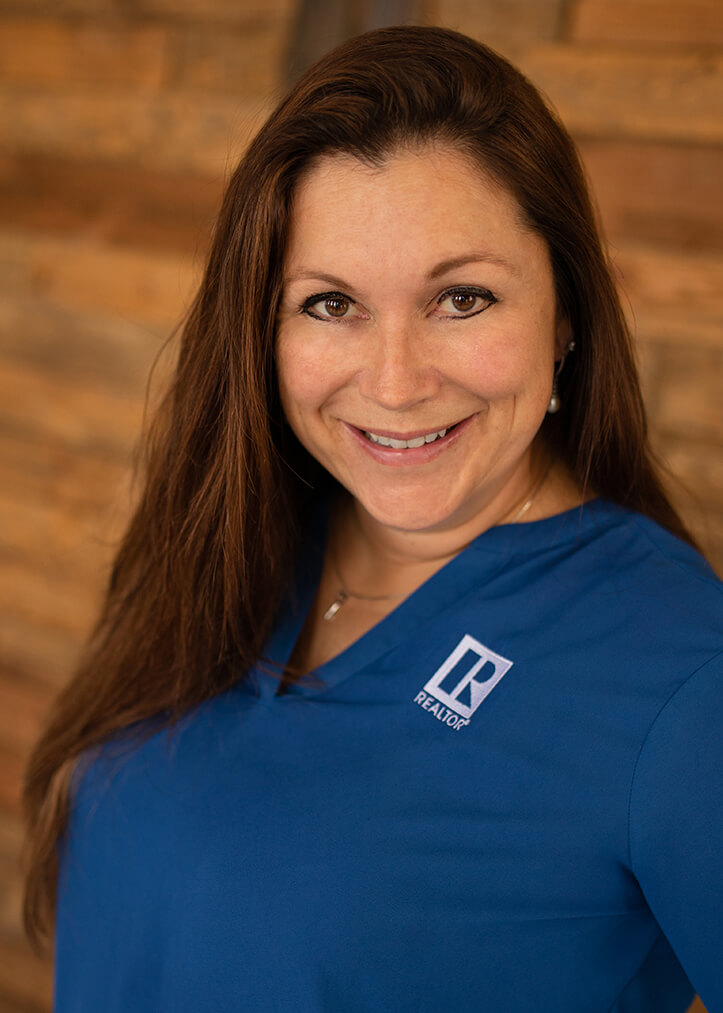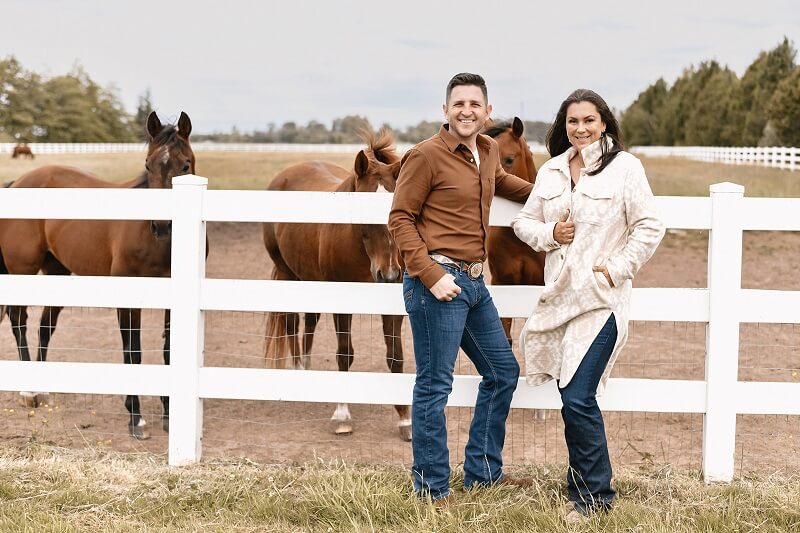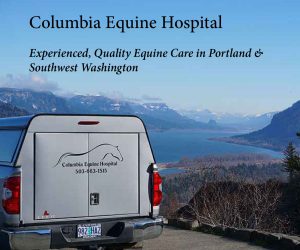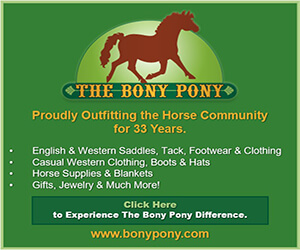Making the Grade
A real estate agent from Utah reached out to us recently because she’d been looking for coursework to obtain an equestrian Realtor specialist designation. There’s no such designation, but it did spark some great conversation and thought about what’s important for becoming a competent equestrian real estate agent. My business partner Blake and I are licensed Realtors in Washington and Alaska, which both have unique micro industries and climates, but much is applicable across all states. If you’re an agent looking to specialize in equestrian properties, or a buyer/seller wondering what to look for in an agent, here are the qualities I feel are essential to an equestrian property specialist. Hint: it’s much more than owning horses.
Land use knowledge, both regulatory and practical, is critical. Soil quality, zoning restrictions, allowed animal units, critical areas, building codes, and tax classifications are just a few of the overarching concepts that will touch on most agricultural properties. Some equestrian properties will be completely built, but many will need improvements to meet the needs of a buyer. As a buyer’s agent it’s important to know what is possible on a property to make it suitable, and as a seller’s agent it’s important to be able to answer those questions for potential buyers.
Many buyers will weigh buying something already built against buying land and building from scratch. An equestrian real estate agent needs a strong understanding of the building process, including wells and septics, natural resource reviews, building permits, and construction costs of homes, barns, shops, and fencing.
Equestrian real estate agents need to be actively involved in the horse industry. Blake and I are longtime competitors, breeders, and association board members, and we make efforts to attend and support (sponsor) local and national equine events. Horse properties are unique because they’re one of the only types of properties that a buyer might purchase when they aren’t actively shopping. From those involvements we have developed extensive social media connections which gives our sellers more visibility on their listings and ensures our buyers that we’re seeing everything available.
Professional horsemen/women and commercial facilities are subcategories of equestrian properties that require specific knowledge of many different disciplines and industries. An Equestrian property specialist must understand the nature of the horse training/boarding business and have vast connections for services, hay providers, bedding, manure disposal, farriers, and veterinarians. We must be able to read and understand profit and loss statements and tax returns and know whether a conditional use permit is required—and how to transfer it.
Marketing is a very expensive part of being a Realtor. Though it’s true that equestrian properties are in a luxury price bracket, many very nice properties are not. It can be cost-restrictive to advertise a single listing in all the places that would reach every potential buyer. For us, it’s a part of our overall marketing budget. All our horse property listings are advertised in the Northwest Horse Source (both in print and online), Farm and Ranch, and HorseProperties.net and are shared and boosted in equestrian property social media forums.
An equestrian property Realtor must also have a solid understanding of different disciplines and their needs. We often receive calls from agents wondering if we have any upcoming listings. Nearly always when I ask what their client’s discipline is and how many horses they have, the agent has no idea. Where is the buyer coming from? Do they understand what living in an area with this much rainfall means for horse ownership? Conversely, I can’t tell you how often I see a horse property listed that has a descriptor like “pony paddock” or completely leaves out the equine based improvements because they have an old school mindset that the house is the only thing that matters. We must have the ability to recognize and highlight the features of each unique horse property and express them to buyers.
When I started selling equestrian properties, I was taught that no value would be given to fencing or outbuildings, and I couldn’t believe that was the case—particularly since I intimately knew the high cost associated. I hoped I could effect change. I believe that over the years, because we represent such a large volume of these properties, we’ve helped raise awareness and educate buyers, agents, and appraisers that those factors do hold value, and have helped to elevate the values of equestrian properties.
I know I’ve said this before, but it’s worth repeating. Agricultural-based Realtors should be involved. I’m the Government Affairs Director for the Whatcom County Association of Realtors, RPAC Trustee for the NW Region for the Washington Realtors, and I sit on the Board of Directors for the Whatcom County Farm Bureau. These positions give me a seat at the table when conversations that impact land use are happening. By being informed, I’m able to keep my clients aware of policies that may impact their property use.
It’s an honor to help our buyers find the perfect properties for their horsey families or to get top dollar for properties our sellers have lovingly developed. If you ever need a referral to a competent equestrian Realtor, reach out to us. We have a great national and international network of referral Realtors.
See this article in the November/December 2022 online edition:
Nov/Dec 2022

Allison Trimble is a Realtor® specializing in equestrian properties, farm and ranch properties, and residential real estate. As a former horse trainer, and a current owner, breeder and non-pro competitor in cow horse and reining events, she combines her experience in the horse industry with her lifelong real estate expertise to guide her clients through the real estate process.
Learn more at www.coastalrealtywa.com






